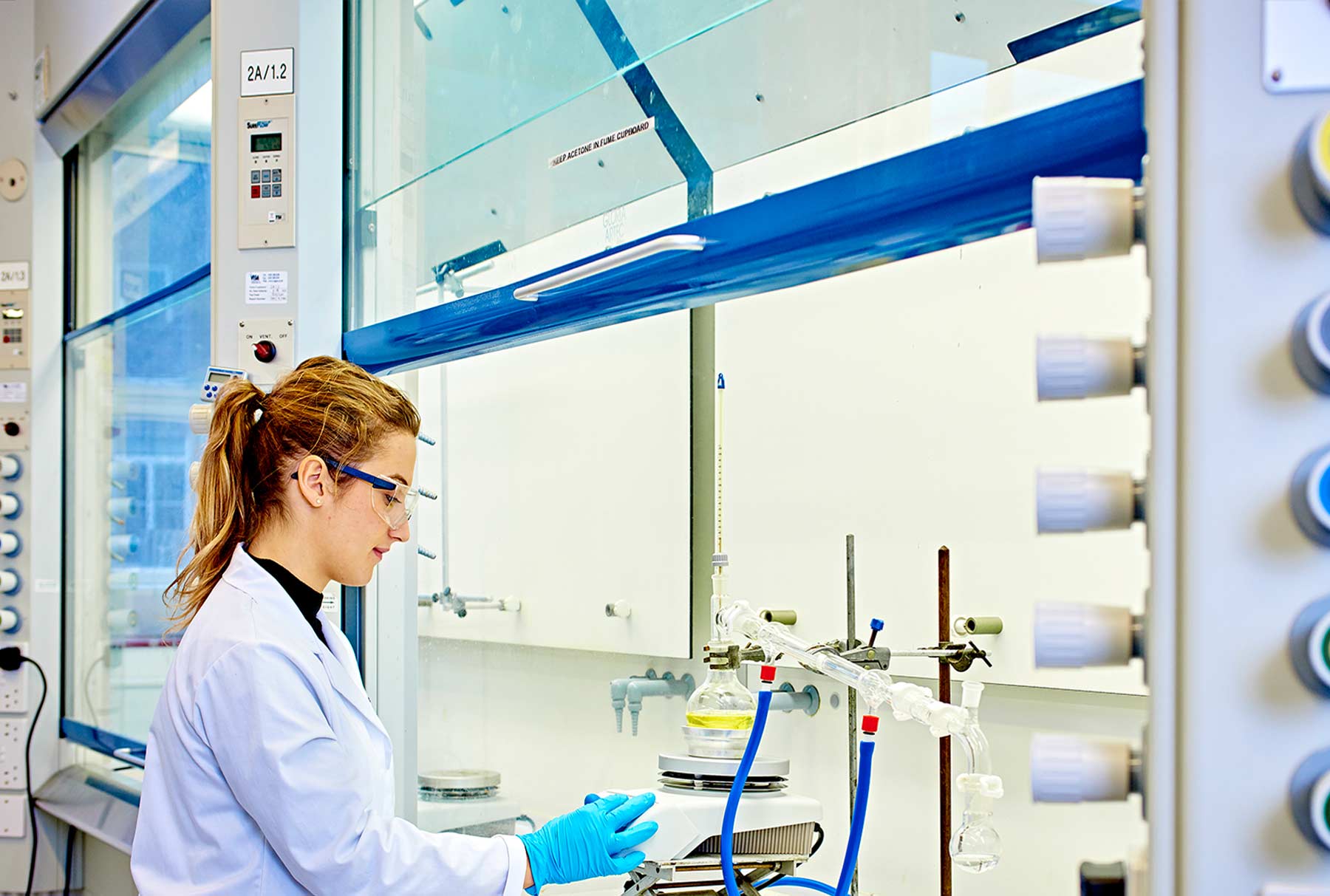Chemistry PhD Research Projects
Oscar's thoughts on...
Choosing Newcastle
I did my undergraduate degree at Newcastle and thoroughly enjoyed it, I found the lecturers to be competent and knowledgeable and the content of the course was challenging but promoted critical thinking and an active learning style that has helped me immensely since I began higher education. From this experience, I imagined PGR life would be similarly enjoyable and thus far that has proven true, I have been challenged numerous times however all have been an opportunity for growth and learning.
Postgraduate Community
The postgraduate community in Newcastle is quite tight-knit and supportive, smaller groups tend to form within certain research circles but this is typical of any university. I have taken part in inductions, for new and continuing PGRs, becoming a rep of the Student-Staff Committee (SSC) which allows me to maintain contact with PGRs in other departments, and attend events available to PGRs at Newcastle whenever possible
Advice to prospective students
Ensure you are ready to commit 3/4 years of your life to this area, and select your supervisor carefully. I would always advise trying to form a personal relationship with them at the very start of your PhD as they will be one of the most influential figures in your success throughout a PhD.
I enjoy constantly learning more about new topics as new issues arise in research, or the project shifts slightly and I must adapt to a new procedure as the direction changes. It is consistently engaging which is enjoyable.
Andy's thoughts on...
Their research programme
As my project is an industrially funded project I like that my research is closely linked to products that are available to consumers, and that the results of my research could lead to the improvement of existing products or the creation of new products.
University facilities
I work in the Chemistry labs, where I have used equipment such as potentiostats, UV-vis spectrometers, IR and Raman spectrometers, an Atomic force microscope (AFM) and a scanning electron microscope (SEM). I have gained the most experience using a potentiostat for electrochemistry experiments, this instrument is particularly useful as many different techniques can be performed using a single instrument.
Postgraduate Community
I have been a member of Newcastle University Taekwondo Club over the course of my undergraduate, Master's and PhD programmes. I have represented the university at national and international levels as well as being involved in the club's committee. I have found that involvement in sport has been one of the best parts of my experiences at University.
